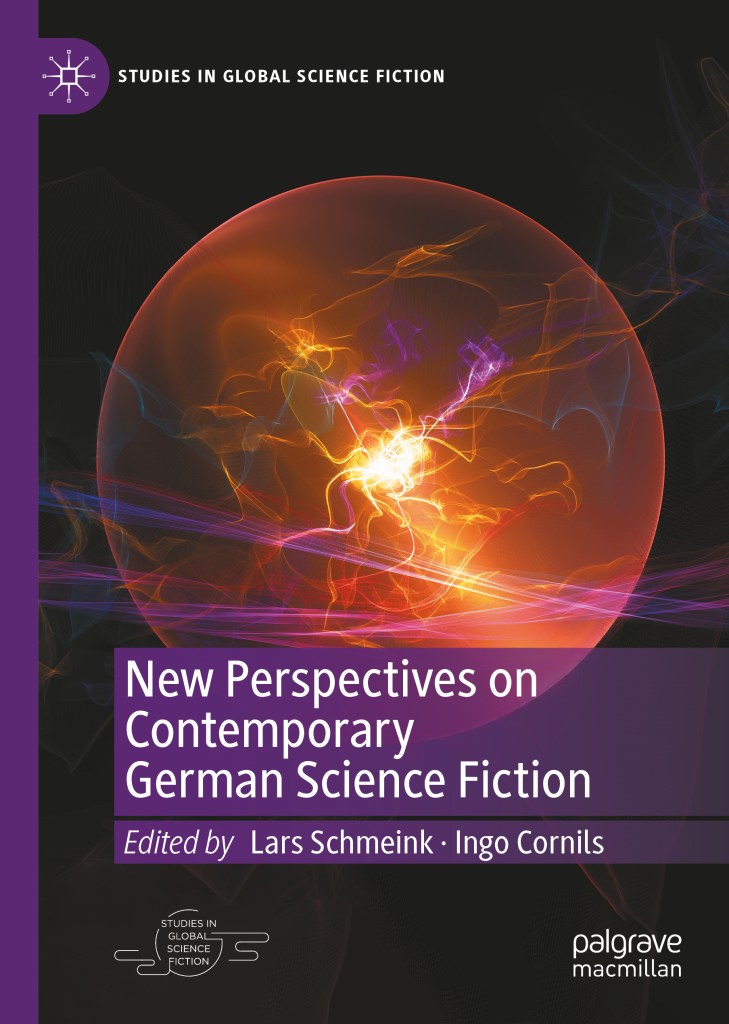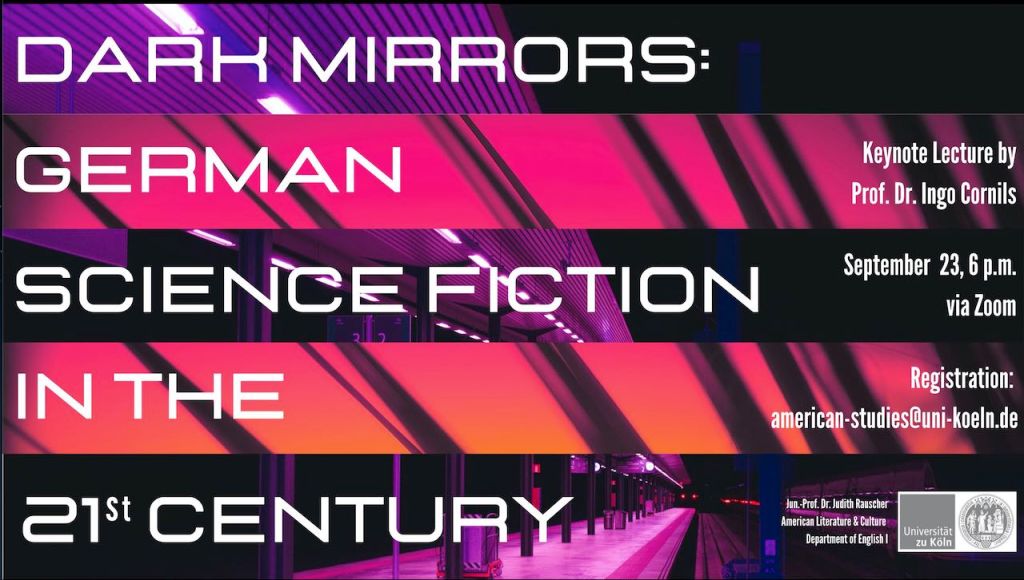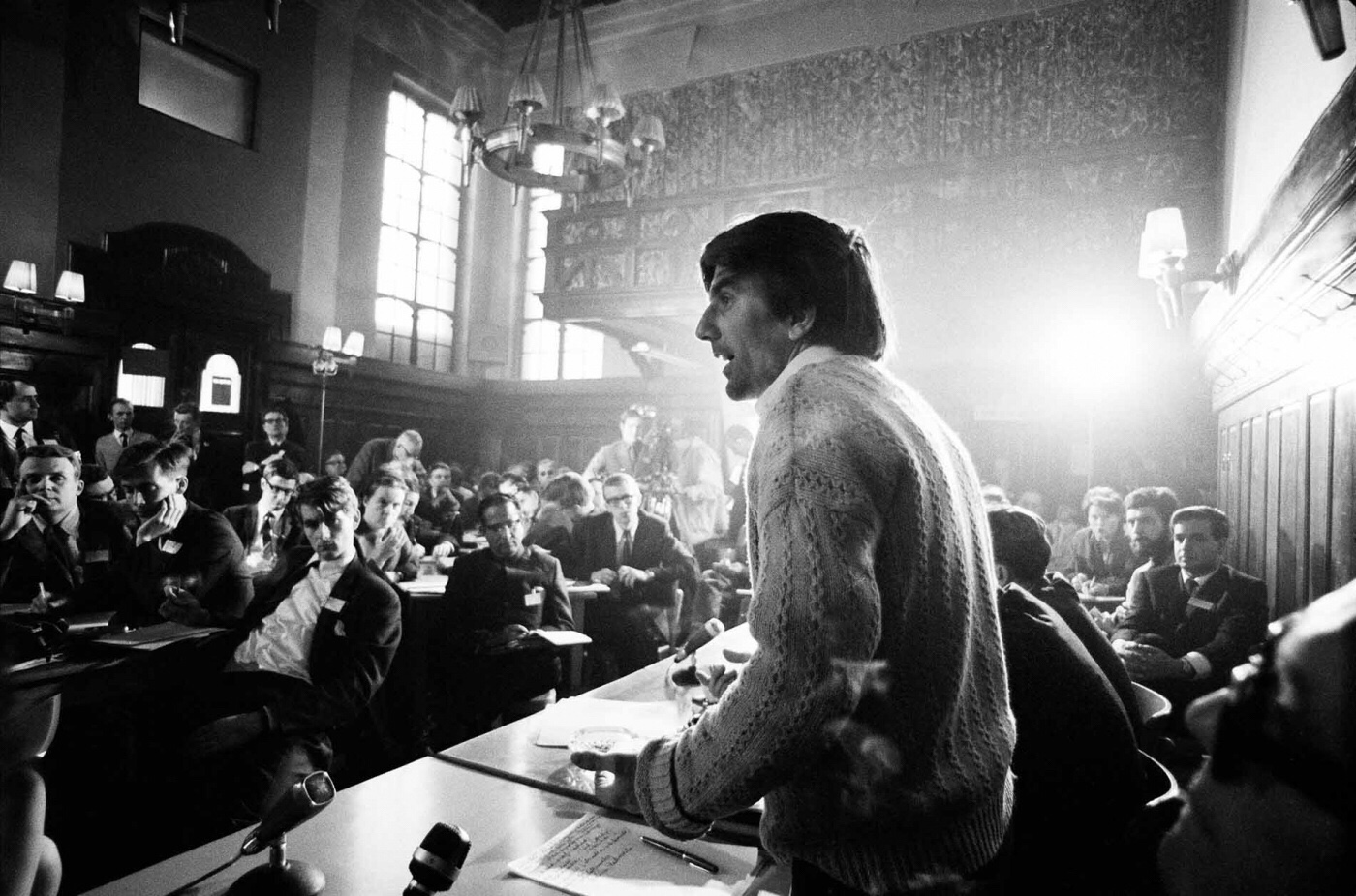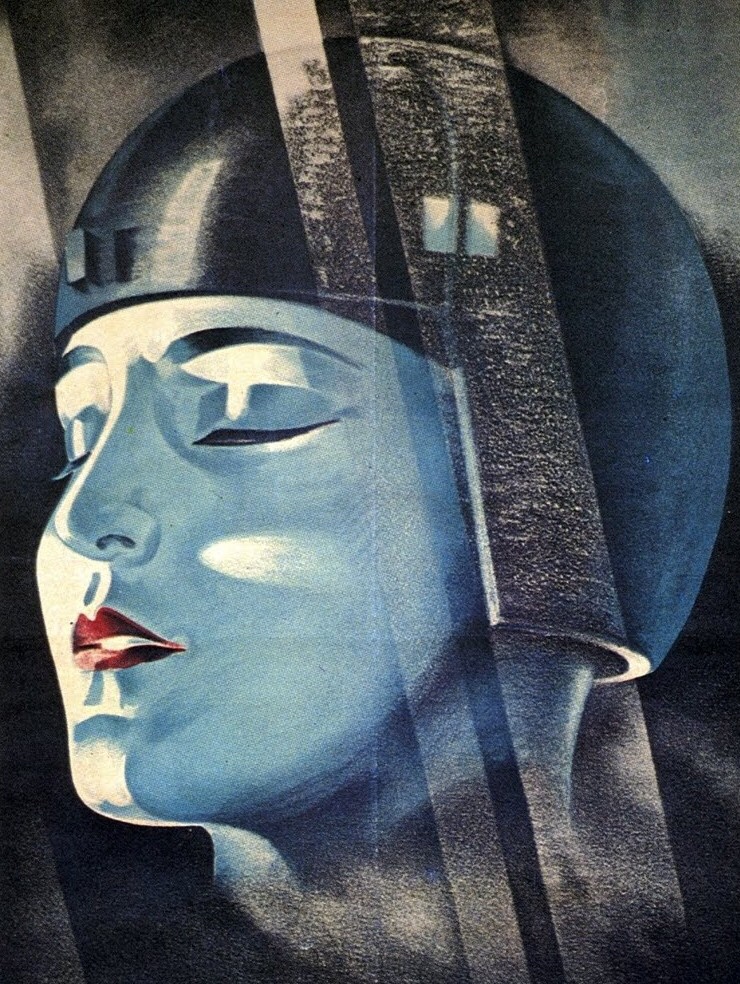The author Peter Schneider died on 3 September 2026.
This is what I wrote about him in my book Writing the Revolution. The Construction of “1968” in Germany (Camden House 2016, 107-110; 197-199):
Between Scylla and Charybdis
… it was his novel Skylla (2005), an essay on Napoleon Bonaparte’s observation: What is history but a fable agreed upon? that provided a genuinely new perspective on “1968.” The protagonist is Leo Brenner, a former activist in the German student movement, now a successful Berlin solicitor specializing in divorce cases. Fleeing rainy Tuscany one holiday, he buys a plot of land on a hill in Latium and builds a house with a view for his family. He and his young wife Lucynna, an archeologist, unearth a mosaic below their terrace, and explore the myth of the monster Skylla as they become involved in a race to reconstruct a sculpture that was the original source for the mosaic. Among the daily frustrations of house-building and a second narrative strand that explores the time of emperor Tiberius, in whose cave in Sperlonga the sculpture was originally set, we come to what appears to be a minor narrative detour, but which proves to be the center of the novel. Brenner encounters a former comrade from his student days, Paul Stirlitz. This down-on-his-luck drifter, who scrapes a living helping affluent 68ers to build their second homes in Italy, confronts Brenner with his past as agitator and student leader.
Brenner initially has no recollection of Stirlitz (an indication of the passage of time and his “successful” integration into bourgeois society) but is forcefully reminded that not all 68ers managed to leave their past behind. Skillfully reflecting the debate of the time, Schneider lets his characters take opposite sides on how to remember the German student movement, either as a time of “brutale[n] Parolen und Welterlösungsformeln” (brutal slogans and formulas for saving the world), or as a “wunderbare und notwendige Revolution” (wonderful and necessary revolution). It soon becomes clear that Brenner and Stirlitz are not only fighting about the historicization of their own past but also its legitimization. For Stirlitz, the accepted history of “1968” is one big lie:
Memory is a tricky thing. [. . .] In retrospect, perpetrators are always innocent, and they love to play the role of the victim. This was the case with our fathers, and it’s no different with us, the self-styled anti-fascists and revolutionaries. Most innocent of all are always those who plan a deed in their mind, but leave the dirty work of execution to others. Murderous slogans, shouted at a teach-in, are much easier to forget than murder, don’t you think?49
Stirlitz reminds his former comrade of the time when Rudi Dutschke was shot, willing Brenner to admit that as a leading figure in the movement he had been instrumental in enticing many young people to violence with the slogan “Sprengt Springer!” (Blow Up Springer!). Faced with this “self-appointed judge,” Brenner adamantly refuses any admission of guilt that Stirlitz so eagerly expects from him. The reason for this becomes obvious when Stirlitz confesses that he had interpreted the slogan as a call to action. He had prepared a bomb that was intended to damage the Springer headquarter in Berlin but instead had killed two innocent people. Brenner feebly protests that his slogan had had no militant meaning, that it had simply been a case of following “der Logik des Stabreims” (the logic of alliteration), but Stirlitz, eaten up by his feelings of guilt, demands that Brenner accepts his part of the responsibility for the consequences of his actions.
Initially, the solicitor defends himself vigorously: “I never planned a bomb attack, let alone participated in one. The only thing you can accuse me of is having been too lax in my choice of words,” but he begins to have doubts when Stirlitz steals the mosaic, an act that causes the disappearance of Lucynna and Brenner’s “Läuterung” (purification):
And should I not accept a share of the blame, a moral complicity? Did my slogan not contribute to a climate in which someone like Paul Stirlitz could imagine himself a hero by doing what—truth be told—everyone wanted to do?
At this point, Schneider widens the scope of his archeological dig. Brenner meets with one of the archeologists who are trying to recreate the Skylla sculpture, who explains to him:
People want to know where they come from, and through this hope to find out who they are and where they are going. Historiography is a battle over memory, one that never ends—no matter whether we are talking about the history of an individual or the history of entire nations. Out of the testimonies of their forefathers, each generation creates a new history for itself, a history that it wants to inscribe into mankind’s collective memory. The important thing is not what happened, but which elements of what happened are formulated and preserved. A history that has never been written down will get lost— in the end, it never even happened.
Asked whether this means that there is no difference between original and reconstruction, the archeologist responds:
I wouldn’t go that far. But if no original has been preserved, not even a copy of the original, then the reconstruction will prevail. And at some point, it replaces the original.
In an interview shortly after the publication of the novel, Peter Schneider explained why he had tackled the problem of reconstruction:
Even the 68ers [. . .] displace and repress their past. In remembering, everyone produces their own version of their own past, a version that suits them. In the end, the reconstruction of history replaces the original—in my novel, this happens when the Scylla-sculpture is reconstructed. Perhaps we cannot help but lie about our past, but at least we should be aware of that.
Schneider has chosen to illustrate the dual process of historicization and legitimization of the German student movement with the mythological image of Scylla and Charybdis. This may be helpful in that it signals how easily we may be pulled toward one or the other, but there is also a sense of arrogance, of affording the 68ers a mythical significance by aligning their past (“Eigenmythologie”) with powerful imagery traditionally associated with more significant historical moments. But that is exactly Schneider’s point: he demonstrates that it is in our nature to want to legitimize our past actions and that our own actions, as long as we can convince the next generation, may one day be as “mythical” as those of the past.
With Skylla, Schneider appears to exorcise a ghost. Both the protagonist and the author were actively involved in the student revolt. Both avoided violent conflict but share a certain responsibility for the actions of others whom they might have inadvertently incited to violence. Indeed, Peter Schneider was more involved in the movement than is commonly remembered today. He was part of the group that prepared the “Springer tribunal” in 1967 and one of the signatories of a pamphlet against Springer’s press monopoly in West Berlin. He was also, as he revealed himself, one of the originators of the “Wanted” Poster during the visit of the Shah of Persia in West Berlin that led to the demonstrations where Benno Ohnesorg was killed, and the subsequent escalation of the conflict between students and the state.
The author seems to say that “1968,” like the myths of the monster Scylla or the shy emperor Tiberius, has undergone numerous retellings, has in fact become a myth itself, unrecognizable beneath countless opposing interpretations, and that it may be impossible to reconstruct “the truth.” Like Tiberius, who attempted to legitimize his hold on power by creating a mythical bloodline to Odysseus, the 68ers are busy justifying themselves; their legend “is pushed into collective memory by all available means”.
Peter Schneider is aware of how much he himself has contributed to the “mythical” power of “1968.” His Lenz had attempted to put some distance between himself and the “unpoetic” dogmatism and futile violence that had destroyed what had been intended, and yet become one of the “iconic” texts on the German student movement. Skylla can be interpreted as a further aesthetic and creative allegory of the movement: once a beautiful maiden, corrupted through no fault of her own, she kills those who come too near. Innocence and violence are the two halves of her being, and Odysseus thought she was the lesser of two evils.
***
Between Rebellion and Delusion
In the “autobiographical narrative” Rebellion und Wahn (2008), the author sheds further light on his own role in the movement, focusing on his life as writer, activist, and lover of a woman simply referred to as “L.” who eventually joined the terrorist organization Bewegung 2. Juni. Schneider bases his reflections on the diaries he kept in the late 1960s. Reading through them, he finds himself confronted by someone who is both familiar and a total stranger. He feels a sense of superiority, seeing how naive and impulsive he used to be. Characterizing his younger self as “beschwipst” (intoxicated), “irrwitzig” (mad), and “übermütig” (full of beans/hyper), he nevertheless wants to do justice to “1968” and the historical moment:
But I would not do justice to us and the mood at the time if I didn’t talk about the euphoria of those months that blew like an intoxicating wind through the streets of Berlin. In those days, everything seemed possible, especially the impossible—and we, who were carried along by this wind, felt that history itself had chosen us to build a new society with new rules. It was a trip without drugs, the high of a “historically necessary” and “scientifically founded” utopia which had taken control of our brains and our hearts.
Again and again, though, he returns to the question whether the 68ers’ flirtation with violence was really justified. He admits that the “antifascist impulse” of the movement was based more on emotions than on hard facts and worries that the “dreadful aberration of perhaps one hundred desperados” is the only aspect of his generation that will remain in our collective memory. Reflecting on his personal responsibility for the escalation of violence, Schneider returns to his konkret article “Gewalt in den Metropolen” from 1968, in which he had argued that it was acceptable to use “all available means” to achieve the aims of the revolt. The article now appears to him as “the work of a delirious man”, who used a linguistic sleight of hand to convince the readers of konkret that direct action was justified in the face of the “latent violence” the rebels allegedly encountered every day. He tries to rationalize his former radical position (Springer had never shown any remorse; he had been hopelessly in love with the radical L.; he does not feel shame for supporting the militant revolt in Detroit), but in the end the only explanation he can find for his “delusion” is that he had been the victim of a collective “intellectual contamination”:
I was then, I think, not more stupid than I am now. The metamorphosis that has to be depicted here is a collective process of mutual intellectual contamination, of manipulation and self-manipulation— not dissimilar to the type employed by political, but also religious sects of any kind.
It is worth looking at this passage in some detail. Schneider initially accepts that he was compos mentis in 1968. But then, with a the air of a psychologist giving an expert witness statement in a murder trial, he exonerates himself by suggesting that he was the victim of a collective process of external and self-manipulation, akin to the brainwashing methods used by political and religious sects. Up to this point, the reader could be forgiven for believing that the author has joined renegades like Gerd Koenen or Götz Aly. Interestingly, though, Schneider then allows his former self the right to reply, and the response is a withering indictment of his rationalizations:
Where do you get the right to judge, what do you have to offer? Forget for one moment your explanations for my “delusion” and answer me this one question: Weren’t those two years—the time when you and your careful considerations did not yet exist—even with all their horrors—the most important time of your life? Why do you constantly talk about them, why these tons of paper in the libraries, these weeks of expensive screen time, these endless kilometers of film about a small—and “failed”—student rebellion?
In the end, readers will have to decide for themselves. Schneider now sees his former self as part of “the specifically German delusion of a global revolution”, “a frightening revolutionary” whose main motivation was to impress his then girlfriend L. By juxtaposing innocence and experience, he shows us that neither the eager young activist nor the sage graybeard has a monopoly on the interpretation of “1968,” but that, by turning the political into the private, we may arrive at a dialectic point where opposites are equally true.
(all translations from German are my own)






 It is 50 years ago that one of the leading figures of the German Student Movement was shot in West Berlin. He survived, but had to retire from the limelight and died 11 years later from the long-term effects of the attack. It is a moot point whether the movement and the country as a whole would have taken a different direction had the assassin missed his target. He didn’t, and the New Left had both a martyr and an excuse for its ultimate failure. 20 years ago, I contributed a chapter to Gerard de Groot’s book ‘Student Protest. The Sixties and After’ (London / New York 1998). In it I quote Rudi’s simple message:
It is 50 years ago that one of the leading figures of the German Student Movement was shot in West Berlin. He survived, but had to retire from the limelight and died 11 years later from the long-term effects of the attack. It is a moot point whether the movement and the country as a whole would have taken a different direction had the assassin missed his target. He didn’t, and the New Left had both a martyr and an excuse for its ultimate failure. 20 years ago, I contributed a chapter to Gerard de Groot’s book ‘Student Protest. The Sixties and After’ (London / New York 1998). In it I quote Rudi’s simple message: and so it begins: I have been given leave in 2018/19 to write this book for Camden House.
and so it begins: I have been given leave in 2018/19 to write this book for Camden House.